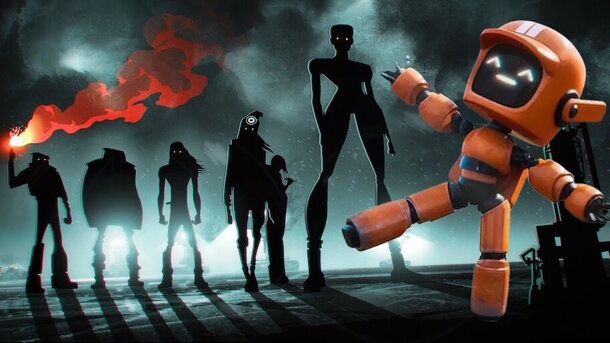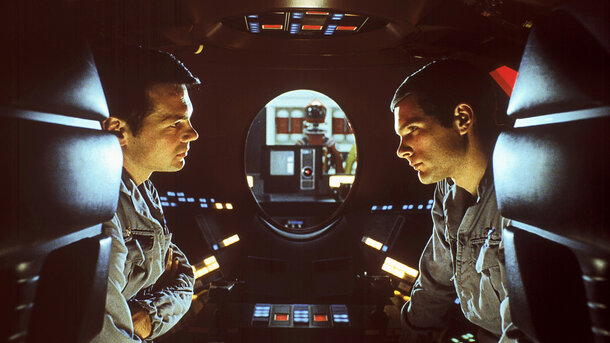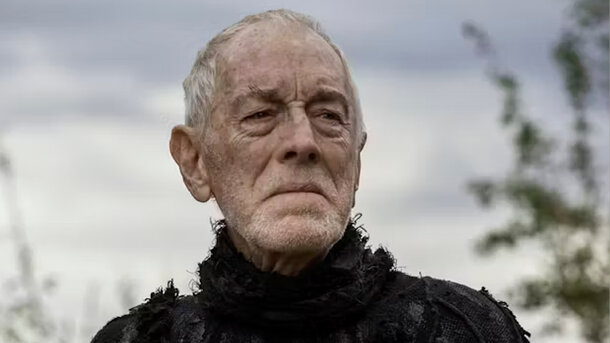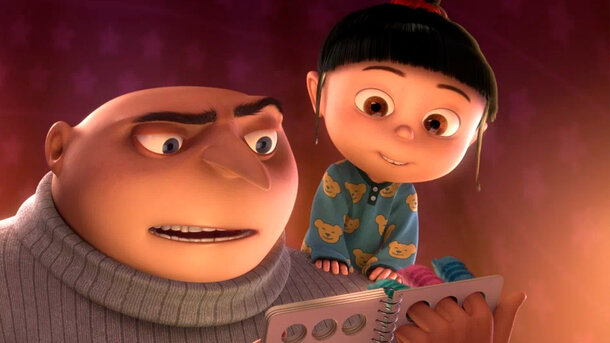For many of us, The Lion King (1994) is a nostalgic childhood memory, featuring Elton John’s hit songs and a dramatic coming-of-age story. But this animated film is far deeper than it seems at first glance. It contains references to world literature, mythology, and even political history that we couldn’t have noticed as kids.
What Is The Lion King Really About?
The plot of The Lion King strikingly resembles William Shakespeare’s Hamlet. The murder of a ruling king by his brother, the exile of the rightful heir, and his triumphant return all mirror the events of the classic tragedy. Even Simba’s conversation with his father’s spirit is a near-direct reference to the ghost scene in Hamlet.
Beyond Shakespeare, the film also echoes ancient mythology. Simba’s exile parallels Odysseus’ journey, while Mufasa’s death and the main character’s subsequent guilt resemble the story of Cain and Abel.

Timon and Pumbaa, who raise Simba far from his homeland, evoke strong associations with The Jungle Book — they are like Bagheera and Baloo guiding Mowgli.
Scar – More Than Just a Villain, but a Betrayer of His Homeland?
The plot of The Lion King can be viewed not just as a personal drama but as a political conflict. Scar seizes power with the help of hyenas, who can be interpreted as outsiders, marauders, or occupiers. He betrays not only his family but the entire Pride, destroying a once-thriving kingdom. This image strongly reflects real historical events — occupation, power grabs through external forces, and the betrayal of national interests.
The Core Lesson of The Lion King
The film touches on numerous themes: coming of age, responsibility, friendship, betrayal, and power. However, its most significant message is conveyed when Simba, full of doubt, sees Mufasa again: "Remember who you are."

This is a universal lesson about accepting one’s past rather than running from it. By doing so, Simba gains strength, returns to his homeland, and takes his rightful place in the great Circle of Life.










